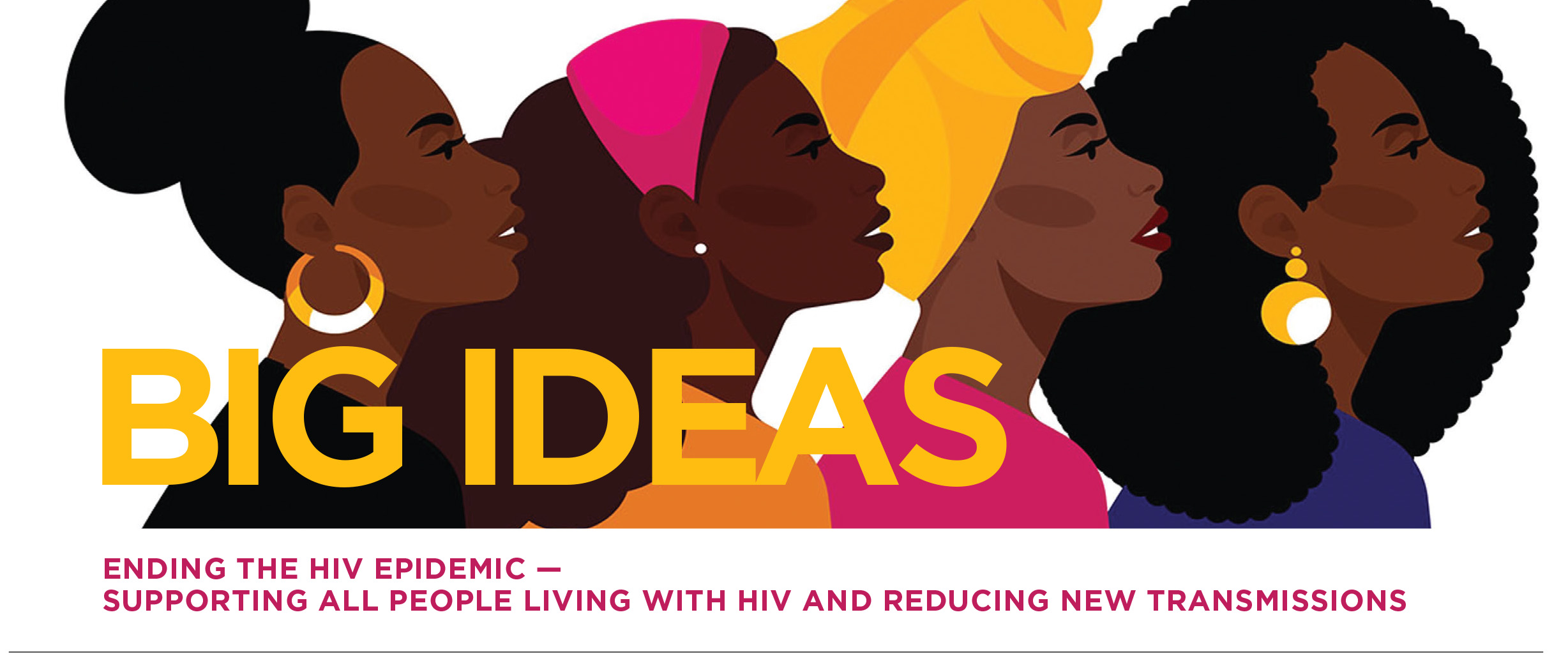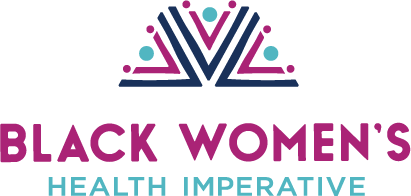by Ifeoma C. Udoh, Ph.D We extend our gratitude to the O’Neill Institute for National and Global Health Law for their invaluable collaboration on this vital resource. Our approach to combating HIV among Black women involves a comprehensive strategy focusing on education, investment, and refining our efforts. Here’s a snapshot of what we propose: As we observe Black Women and Girls HIV/AIDS Awareness Day, let’s not forget that awareness is just the starting point. True change requires us to act, engage with the resources at our disposal, and demand policy shifts that directly address our unique health needs. This resource is more than just a document; it’s a call to arms, urging us all to take definitive steps toward an HIV-free future for Black women. It’s about understanding the challenges, embracing community-led solutions, and refining our strategies to ensure no one is left behind. Read the report: Seizing the Moment: Elevating Black Women in the HIV Response In the spirit of today’s observance and our ongoing commitment to health equity, we invite you to delve into our HIV Prevention and Health Equity resource designed to address the specific needs of Black women. Let it inspire you, inform your advocacy, and reinforce our collective resolve to end HIV/AIDS among Black women. As we spotlight this resource, it’s also a perfect moment to reflect on the insights of Ifeoma C. Udoh, Ph.D., whose leadership in crafting this roadmap has been instrumental. For more on her perspective on the state of Black women’s health and HIV, check out her enlightening interview on AIDSVu: Dr. Ifeoma Udoh on HIV Prevention and Health Equity for Black Women Today, as we stand in solidarity, let’s renew our commitment to action, knowledge, and empowerment. Together, we can pave the way for a brighter, healthier future. A Call to Action: Policy Initiatives to End HIV Among Black Women
EVP, Policy Advocacy and Science Today marks an essential day of observance – Black Women and Girls HIV/AIDS Awareness Day. It is a day to amplify the conversation and advocate for greater access to the tools in the care, treatment and prevention of HIV. In honor of this day, we’re taking a closer look at our latest resource, which outlines a vital roadmap for action and advocacy focusing solely on the needs of Black women.
Today marks an essential day of observance – Black Women and Girls HIV/AIDS Awareness Day. It is a day to amplify the conversation and advocate for greater access to the tools in the care, treatment and prevention of HIV. In honor of this day, we’re taking a closer look at our latest resource, which outlines a vital roadmap for action and advocacy focusing solely on the needs of Black women.Making a Difference: Key Highlights from Our Resource
Learn and Understand
Invest in Community Strength
Refine and Enhance Our Efforts
Why Your Voice and Action Matter

